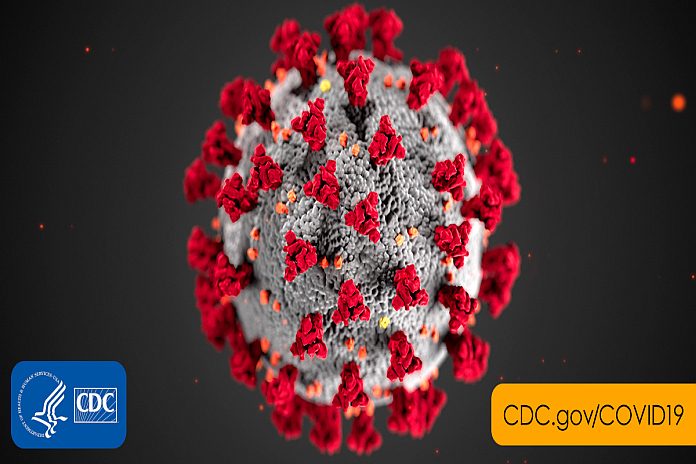TORONTO, Canada — Christine Elliott, deputy premier and minister of health, announced Ontario is implementing an enhanced response structure that formally brings together a wide range of partners to review, strengthen and implement provincial and regional plans and ensure their responsiveness to the specifics of COVID-19.
As the scope of the COVID-19 outbreak continues to increase internationally, Ontario is taking action to ensure the province’s readiness to contain and respond to a range of outbreak scenarios.
“Our local public health units, hospitals, emergency health services, nurses and primary care providers, among others, have been critical in managing the early phases of this new coronavirus,” said Elliott. “This new structure will tap into an even broader network of clinical expertise, experience, and capacity across the health sector to ensure extensive plans are in place to quickly and effectively respond to any and every possible scenario.”
The new response structure will comprise a number of tables with specific mandates:
A new Command Table will be the single point of oversight providing executive leadership and strategic direction to guide Ontario’s response to COVID-19. The Command Table reports to the minister of health. The table will be chaired by the deputy minister of health, Helen Angus, and include Dr David Williams, Ontario’s chief medical officer of health; Matthew Anderson, Ontario health’s president and chief executive officer; with representation from Public Health Ontario, the ministry of long-term care and ministry of labour, training, and skills development.
Five regional planning and implementation tables, led by Ontario Health with support from local public health units, will be responsible for reviewing regional plans to proactively ensure local readiness and implementing provincial strategies in areas such as assessment, testing and care, supplies and equipment, surveillance and communications.
The Ministry’s Emergency Operations Centre, also known as MEOC, will continue to provide situational awareness and perform an overall coordination function among the components of the response structure.
A Scientific Table, led by Public Health Ontario, will support the provincial and regional components of the response structure with the provision of evidence, and scientific and technical advice to inform planning and response.
An Ethics Table, led by the University of Toronto Joint Centre for Bioethics, will assist in providing ethical guidance and representation at both provincial and regional tables to support decision-making throughout the response.
Sector or Issues Specific Tables, which would have a specific focus like supporting the coordination of repatriated Canadians or local case and contact management as well as sector-specific coordination such as paramedic services, First Nations health partners and others as needed.
A Collaboration Table with members from key health sector organizations that will provide advice to the Command Table.
This new response structure will build on the definitive steps that Ontario has already taken to address COVID-19, including:
- Designating novel coronavirus as a disease reportable under Ontario’s public health legislation to strengthen the province’s ability to detect, monitor and contain potential cases;
- Creating a dedicated web page, with links and resources, to help Ontarians learn how to protect themselves, what to do if they are sick after they travel and how to recognize possible symptoms;
- Developing guidance for the health system to guide actions during the initial stages of the containment phase; and,
- Deploying Ontario’s Emergency Medical Assistance Team to support repatriation efforts at CFB Trenton and the NAV Centre.
“Although the risk to Ontarians remains low, it is important that we take decisive steps to prepare for any scenario as this is a quickly evolving situation globally,” said Elliott. “As we enter this next phase of preparedness, every Ontarian should have full confidence that these efforts by our dedicated public health professionals and health care leaders will continue to keep them safe.”
Coronaviruses are a large family of viruses that can cause illnesses ranging from the common cold to more serious respiratory infections like bronchitis, pneumonia or severe acute respiratory syndrome (SARS).
There is no vaccine available to protect against the 2019 novel coronavirus, but there are everyday actions that can help prevent the spread of germs that cause respiratory illnesses. To find out more visit Ontario’s website.





